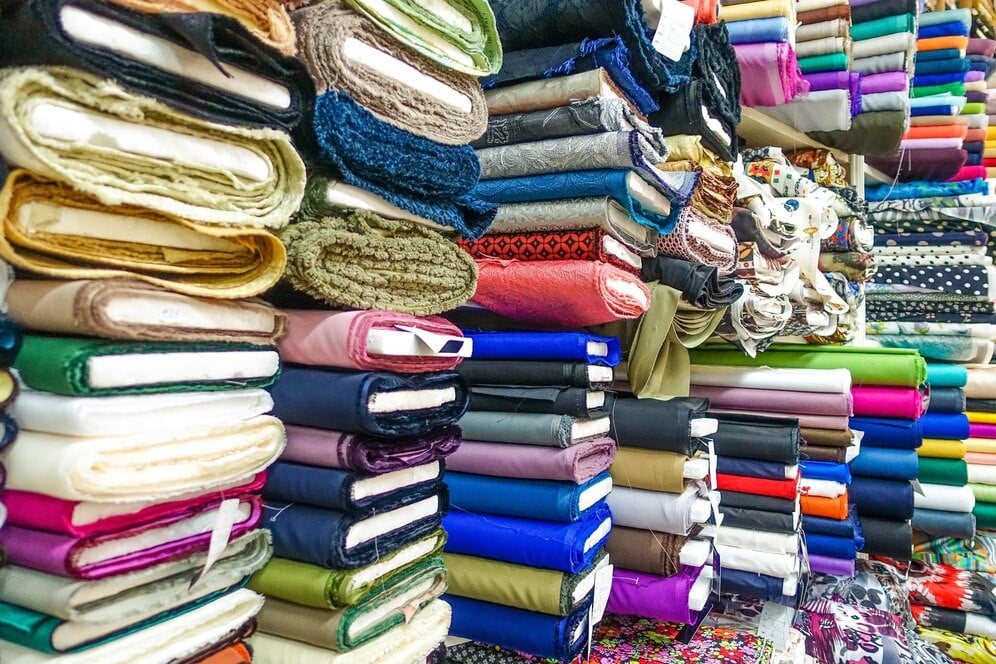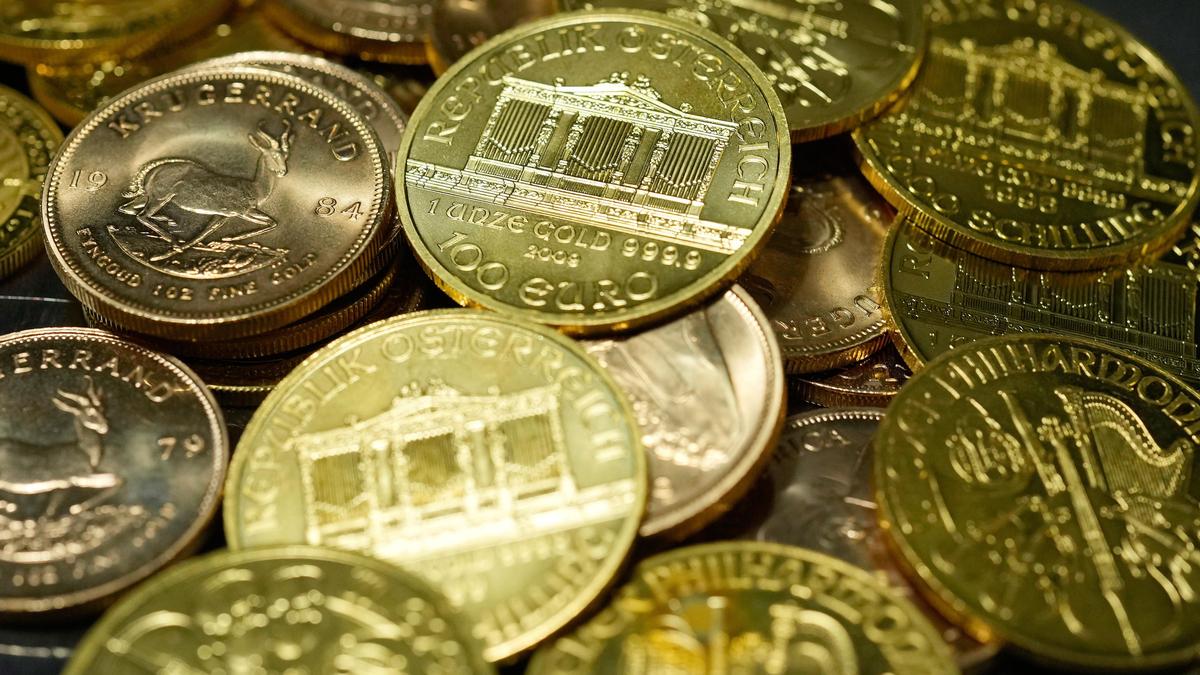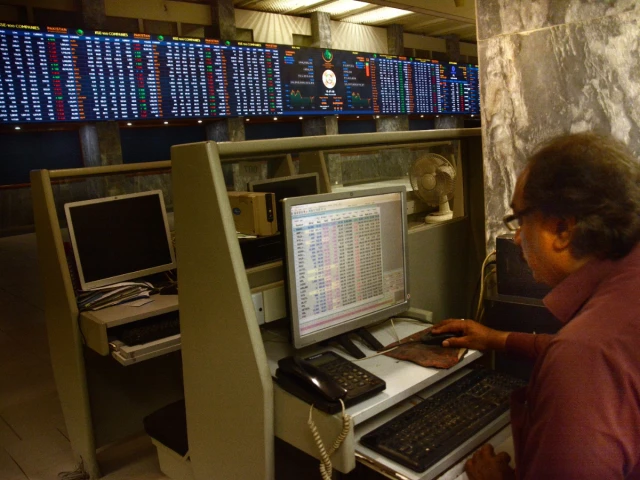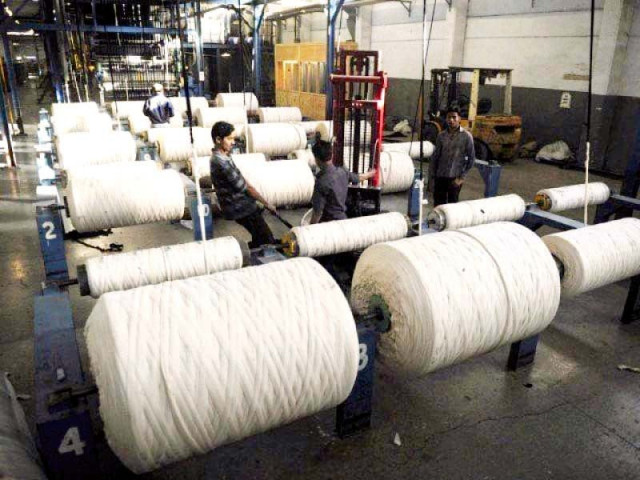LAHORE:
Pakistan Hosiery Manufacturers and Exporters Association (PHMA) and Pakistan Readymade Garments Manufacturers and Exporters Association (PRGMEA) have jointly urged the government to consider and implement the textile industry’s key budget proposals through the Federal Board of Revenue’s (FBR) budget anomaly committee.
The demand came during a post-budget meeting of both associations, which was attended by PHMA Chairman Abdul Hameed, former PHMA chairmen Naseer Butt and Shehzad Azam Khan, PRGMEA Chairman Dr Ayyazuddin and former PRGMEA chairmen Ijaz Khokhar and Sohail Afzal Sheikh.
Meeting participants stressed that the government must not only examine industry recommendations through the anomaly committee but also implement the committee’s final report once compiled.
PHMA Chairman Abdul Hameed pointed out that Pakistan’s value-added textile, apparel, bed wear, home textile and towel sectors contribute over $11 billion in annual exports and provide livelihoods to millions. He expressed concern over the replacement of the simplified Final Tax Regime (FTR) with the more complex Normal Tax Regime (NTR), which now subjects exporters to both 1% minimum tax and 1% advance tax on export proceeds, regardless of the actual profit.
Former PHMA chairman Naseer Butt, while speaking at the meeting, said that dual taxation was counterproductive for an already distressed export sector. He warned that many small and medium enterprises (SMEs) were operating on thin margins and may be forced to close down if the policy was not reversed immediately.
Shehzad Azam Khan, also a former PHMA chairman, highlighted the issues of refund delays, rising production costs and inflation. He stressed that exporters were burdened with more taxes than their earnings and demanded that the government urgently facilitate timely refunds and ensure stable energy pricing.
PRGMEA Chairman Dr Ayyazuddin, in his remarks, raised concerns over changes to the Export Facilitation Scheme (EFS), particularly the removal of zero-rating on local purchases and the imposition of sales tax on imported cotton yarn. He emphasised that these changes undermine the very objective of the EFS, which was introduced to reduce liquidity pressure and digitise export procedures.
Ex-PRGMEA chairman Ijaz Khokhar said that Pakistan’s regional competitors like Bangladesh and Vietnam provide tax-free access to raw material for exporters, giving them an edge in international markets. He called for restoring the original EFS framework under SRO 957(I)/2021.





